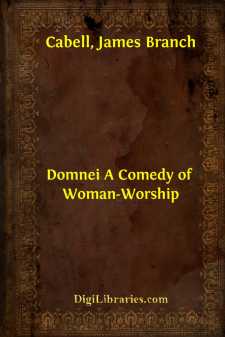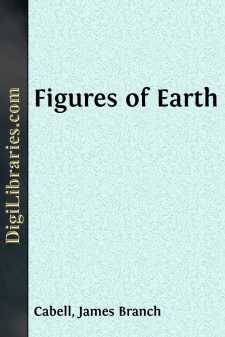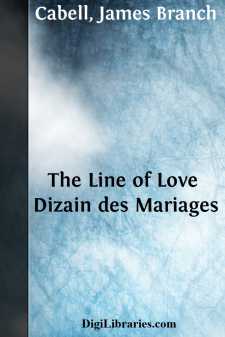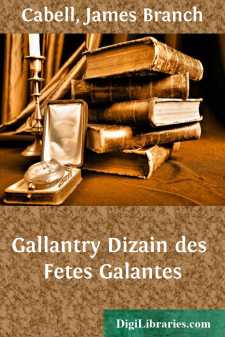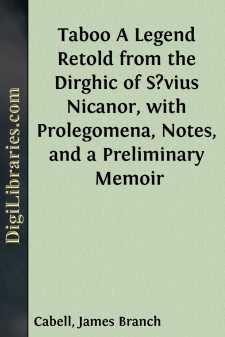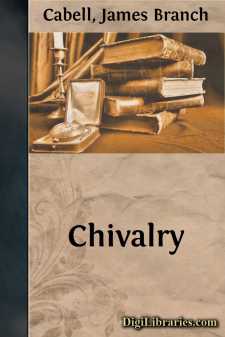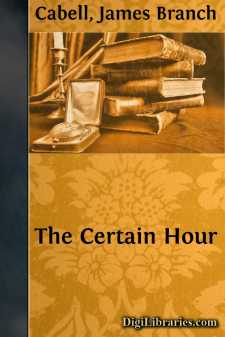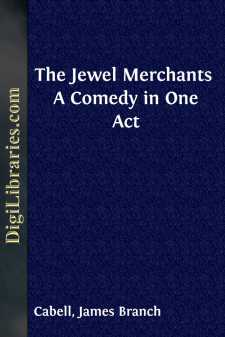Categories
- Antiques & Collectibles 13
- Architecture 36
- Art 48
- Bibles 22
- Biography & Autobiography 813
- Body, Mind & Spirit 142
- Business & Economics 28
- Children's Books 15
- Children's Fiction 12
- Computers 4
- Cooking 94
- Crafts & Hobbies 4
- Drama 346
- Education 46
- Family & Relationships 57
- Fiction 11828
- Games 19
- Gardening 17
- Health & Fitness 34
- History 1377
- House & Home 1
- Humor 147
- Juvenile Fiction 1873
- Juvenile Nonfiction 202
- Language Arts & Disciplines 88
- Law 16
- Literary Collections 686
- Literary Criticism 179
- Mathematics 13
- Medical 41
- Music 40
- Nature 179
- Non-Classifiable 1768
- Performing Arts 7
- Periodicals 1453
- Philosophy 64
- Photography 2
- Poetry 896
- Political Science 203
- Psychology 42
- Reference 154
- Religion 513
- Science 126
- Self-Help 84
- Social Science 81
- Sports & Recreation 34
- Study Aids 3
- Technology & Engineering 59
- Transportation 23
- Travel 463
- True Crime 29
Jurgen A Comedy of Justice
Categories:
Description:
Excerpt
"Nescio quid certè est: et Hylax in limine latrat."
A Foreword: Which Asserts Nothing.
In Continental periodicals not more than a dozen articles in all would seem to have given accounts or partial translations of the Jurgen legends. No thorough investigation of this epos can be said to have appeared in print, anywhere, prior to the publication, in 1913, of the monumental Synopses of Aryan Mythology by Angelo de Ruiz. It is unnecessary to observe that in this exhaustive digest Professor de Ruiz has given (VII, p. 415 et sequentia) a summary of the greater part of these legends as contained in the collections of Verville and Bülg; and has discussed at length and with much learning the esoteric meaning of these folk-stories and their bearing upon questions to which the "solar theory" of myth explanation has given rise. To his volumes, and to the pages of Mr. Lewistam's Key to the Popular Tales of Poictesme, must be referred all those who may elect to think of Jurgen as the resplendent, journeying and procreative sun.
Equally in reading hereinafter will the judicious waive all allegorical interpretation, if merely because the suggestions hitherto advanced are inconveniently various. Thus Verville finds the Nessus shirt a symbol of retribution, where Bülg, with rather wide divergence, would have it represent the dangerous gift of genius. Then it may be remembered that Dr. Codman says, without any hesitancy, of Mother Sereda: "This Mother Middle is the world generally (an obvious anagram of Erda es), and this Sereda rules not merely the middle of the working-days but the midst of everything. She is the factor of middleness, of mediocrity, of an avoidance of extremes, of the eternal compromise begotten by use and wont. She is the Mrs. Grundy of the Léshy; she is Comstockery: and her shadow is common-sense." Yet Codman speaks with certainly no more authority than Prote, when the latter, in his Origins of Fable, declares this epos is "a parable of … man's vain journeying in search of that rationality and justice which his nature craves, and discovers nowhere in the universe: and the shirt is an emblem of this instinctive craving, as … the shadow symbolizes conscience. Sereda typifies a surrender to life as it is, a giving up of man's rebellious self-centredness and selfishness: the anagram being se dare."
Thus do interpretations throng and clash, and neatly equal the commentators in number. Yet possibly each one of these unriddlings, with no doubt a host of others, is conceivable: so that wisdom will dwell upon none of them very seriously.
With the origin and the occult meaning of the folklore of Poictesme this book at least is in no wise concerned: its unambitious aim has been merely to familiarize English readers with the Jurgen epos for the tale's sake. And this tale of old years is one which, by rare fortune, can be given to English readers almost unabridged, in view of the singular delicacy and pure-mindedness of the Jurgen mythos: in all, not more than a half-dozen deletions have seemed expedient (and have been duly indicated) in order to remove such sparse and unimportant outcroppings of mediæval frankness as might conceivably offend the squeamish....



